Learning system for children
Parents & Teachers — e-learning for kids
FREE AND FUN
Our vision is to be the source for childhood learning on the internet available from anywhere and without charge. Learning has to be fun! E-Learning for kids integrates gaming and learning to make our courseware more effective. To make the learning fun we present our courses as a-learning journey; while acquiring all their new skills, the children travel around the world learning more about the 7 continents, countries, cities, oceans and cultures.
cURRICULUM BASED
With e-learning for kids we offer free, best-in-class curriculum based learning for children ages 5-12 in Math & Science, including Environmental skills, Health, and Life skills.
We currently offer 550+ e-lessons and are continuously developing new ones. This includes the entire primary education grade KG to 6 in math and science. Our complete Math World curriculum offers 336 e-lessons and our Science World curriculum offers 213 e-lessons. .
All e-lessons are currently in English, we’ve started the translation of Math World and Science World into Spanish.
QUALITY EDUCATION
The design and development of courses are guided by learning topics that are part of the International Baccalaureate (IB) curriculum which is internationally recognized and used in 138 countries. The IB offers an education that focuses on teaching children to think critically and independently. The IB prepares students to succeed in a world where facts and fiction merge in the news, and where asking the right question is a crucial skill that will allow them to flourish.
online and offline for free!
All the e-learning for kids lessons are available online via internet at no cost! There is no need to sign-up. Your child/children/students can start immediately, either online of offline.
How to start online: visit our Math World portal for our Math courses, or our generic portal for courses in different subjects.
How to start offline: if you do not have internet access at home or at your school for all workstations, we offer our lessons free for offline local access via a download link. Please fully complete the appropriate form below which outlines terms of use, so we can review and process your request.
REQUEST OFFLINE ACCESS FORM
The following buttons will bring you to PDFs showing the learning goals for Math World and Science World per lesson. This will help you find the lesson you are looking for.
Math World learning goals overview
Science World Learning goals overview
The following buttons will bring you to PDFs that will help you install the courseware material on your computer(s) locally for usage without the need of internet.
Installation guide HTML on Windows
Installation guide HTML on Mac
let's start!
At our homepage children can start the lessons by clicking the button “Kids - Start Here”.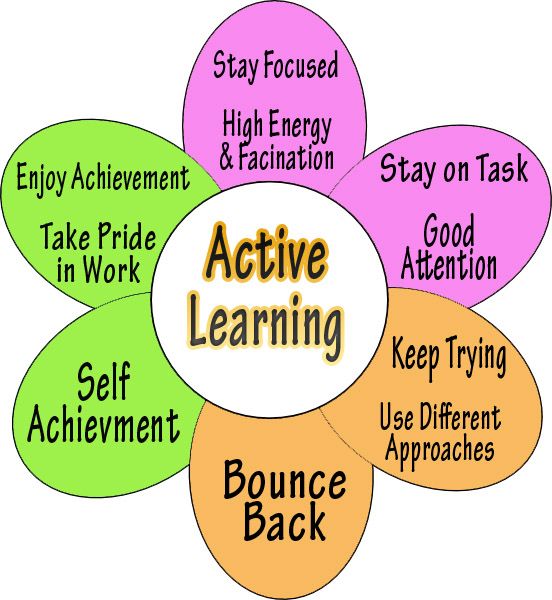 Then they choose a specific topic (Math, Science, Environmental skills, Computer skills, Health, Language and Life skills) and/or a specific grade (K, 0, 1, 2, 3, 4, 5 or 6).
Then they choose a specific topic (Math, Science, Environmental skills, Computer skills, Health, Language and Life skills) and/or a specific grade (K, 0, 1, 2, 3, 4, 5 or 6).
In the International Baccalaureate Curriculum the grades K to 6 corresponds with ages:
Grade 4 (age 9-10)
Grade 5 (age 10-11)
Grade 6 (age 11-12)
Grade K (age 4-5)
Grade 1 (age 6-7)
Grade 2 (age 7-8)
Grade 3 (age 8-9)
help picking the right GRADE
It’s very important children start at the right level, have fun in learning and work at their own pace. Please help the children selecting the level that is not too easy, but also not too difficult for them. There are two ways to do this.
You can either check the learning goals yourself to determine the correct level for your child(ren).
Or you can let the child take several lessons to determine his or her level.
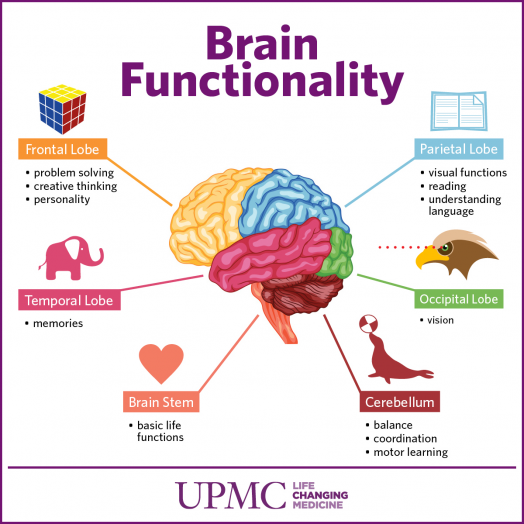 For example, if your child has the age of 6, please let him or her take one lesson in grade K, one lesson in grade 1, and one lesson in grade 2 to determine at which level he or she is.
For example, if your child has the age of 6, please let him or her take one lesson in grade K, one lesson in grade 1, and one lesson in grade 2 to determine at which level he or she is.
general faq
Are the courses designed for a specific curriculum?
The design and development of courses are guided by learning topics which are part of the International Baccalaureate curriculum which is used in 138 countries. In addition to this, we have developed a number of courses which supplement a typical primary school curriculum. Many topics are universal in nature (e.g. multiplication) and fit in any primary school curriculum around the world.
How to use e-learning for kids courseware?
Depending on the proficiency level of a child in specific subject areas, as well as the availability and quality of education, the courseware can be used to:
Support an existing classroom curriculum
Provide additional practice
Supplement an existing curriculum
Support homeschooling
How can I help to improve the courses? What do I do when I found an error/a problem/a bug in the lessons?
We are striving to make great e-Learning courses but if you have noticed something which can be better in certain courses, please let us know by using the following contact form.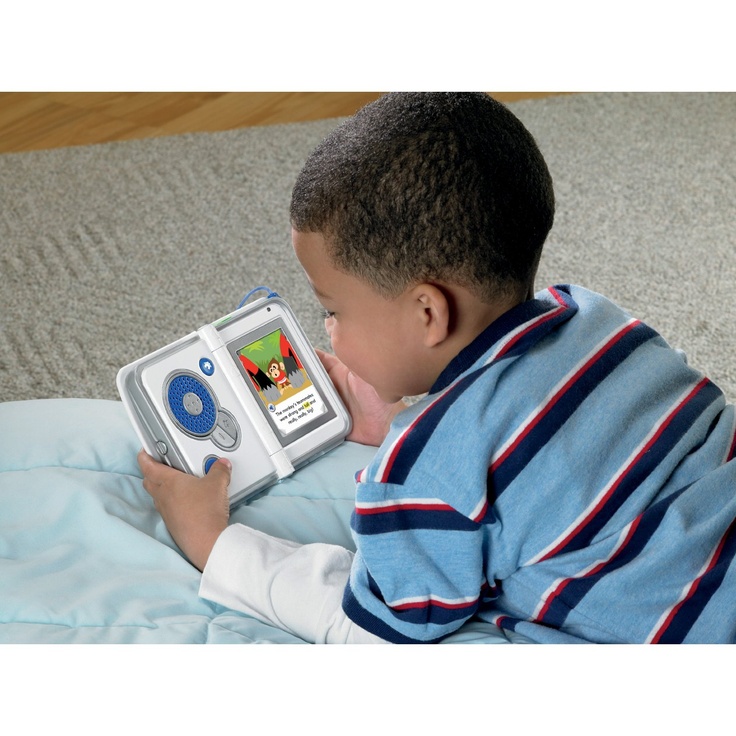
SHARE YOUR FEEDBACK
How can I access the courses? What if I don’t have access to the Internet or if it is too expensive or unreliable?
If you do not have Internet access at your school for all workstations or at home, we offer our lessons via a download link for offline local access. Please fully complete the appropriate form below to receive the download packages.
REQUEST OFFLINE ACCESS FORM
Do students need a username and password in order to take courses from the EFK site?
A username and password are not needed for the courses.
Can EFK track or contact the students who are taking the courses?
No, our tracking only tells us the country information, the number of unique users, and similar generic information about our website visits.
Can you provide direct access to a module instead of sending your students to our site?
Absolutely, when taking the courses online, click on the module you’d like to send to your students.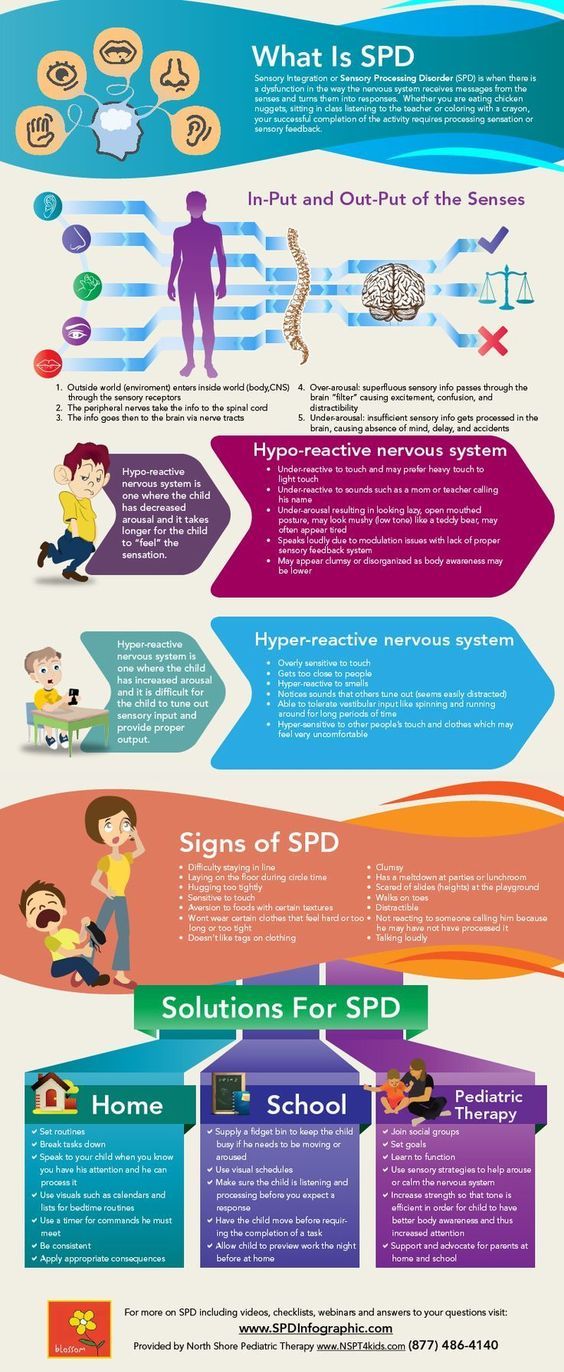 You will then see the URL specific for that lesson that can be shared with the students.
You will then see the URL specific for that lesson that can be shared with the students.
What happened to the courses that were previously available on your website? I cannot find them anymore.
In 2020 we had about 750 courses online on our website, most in English, but also some in Spanish, French, Portuguese. About 200 of the courses were developed in flash. As all computer browsers stopped supporting flash in 2020, we’ve taken those courses offline. Of course we first checked the learning goals, and most of the learning goals in our flash-courses, were already covered in our Math World and Science World courses. Only Computer Skills aren’t available in Math World and Science World, so we hope to develop new courses for these soon. More information about this, can be found via the below “More information” button.
technical FAQ
What are the minimum system requirements for running the courseware?
Our courses are online and offline available in both HTML (Math World & Science World) and Flash (Math World, Science World, and all other courses).
Minimal requirements for browsers that are using flash:
Operating System: Windows 7
RAM: At least 512 MB
Flash Player: Flash Player 8 or above
Microsoft Internet Explorer: 7.0, 8.0 (recommended), 9.0
VGA Monitor Resolution: 1024 X 728 px.
Processor: Pentium IV 1.6 GHz
Speaker and sound drivers installed
Plug-ins: Flash MX2004
Settings: Set privacy settings to medium or medium-high. Accept third-party cookies and allow session cookies. Enable JavaScript.
Popup blocker: Enabled
HTML lessons can be used in any of the more recent browsers.
Do the EFK courses run on the Macintosh Operating System?
Yes. All online courses are available on the internet, and are thus available on Macintosh.
Our course material can also be placed locally on Mac computers. It sometimes can bring some difficulties getting it started on a Mac computer due to the standard flash-settings on a Mac.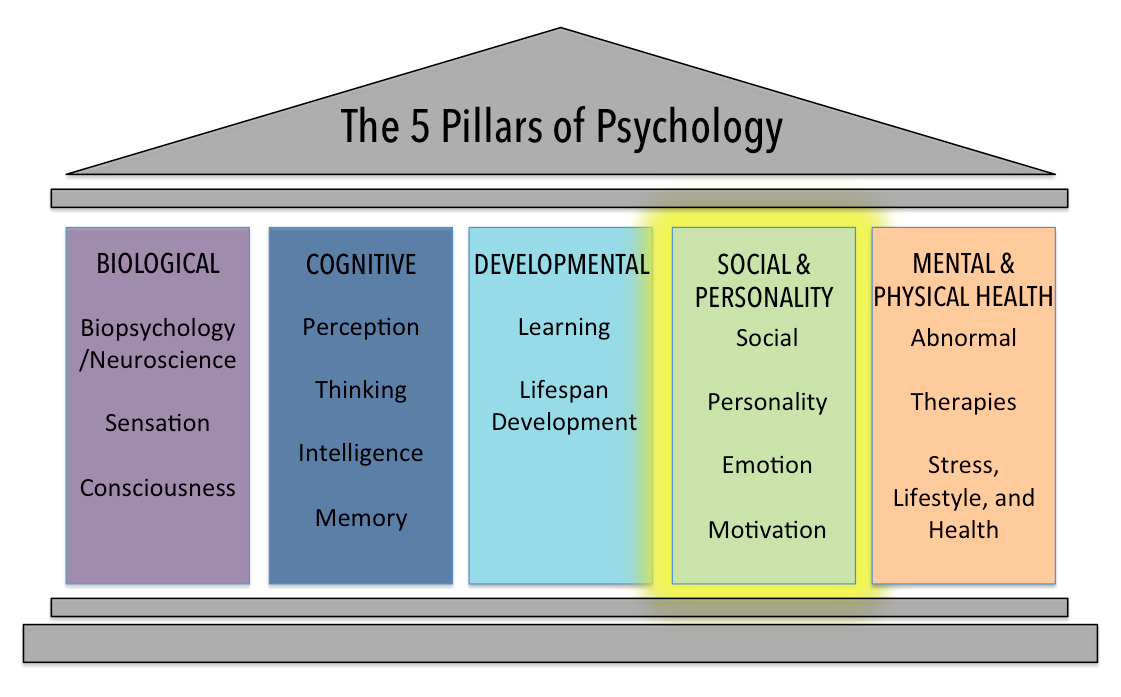 If you’ve downloaded our offline packages and are unable to get the course material to work, please make sure you’ve checked the How To Install documents, and contact us via the following form so we can help you make sure it works.
If you’ve downloaded our offline packages and are unable to get the course material to work, please make sure you’ve checked the How To Install documents, and contact us via the following form so we can help you make sure it works.
CONTACT FORM
Do the EFK courses run on a Learning Management System and are they SCORM compliant?
No. The EFK courses are not SCORM compliant. At the moment EFK is working on the introduction of an LMS integrated with the EFK courseware.
Is there a preferred browser to use when taking the EFK courses? Does it matter if using a PC or a MAC?
No there is no preferred browser. It also doesn't matter if you use a PC or a Mac.
Partners — e-learning for kids
about us
E-learning for kids is a non-profit organization providing free, fun, curriculum based quality primary education to all children world wide.
our impact
our ambition
The shocking truth is that still millions of children in the world are not going to school, and that going to school does not mean they get the proper education.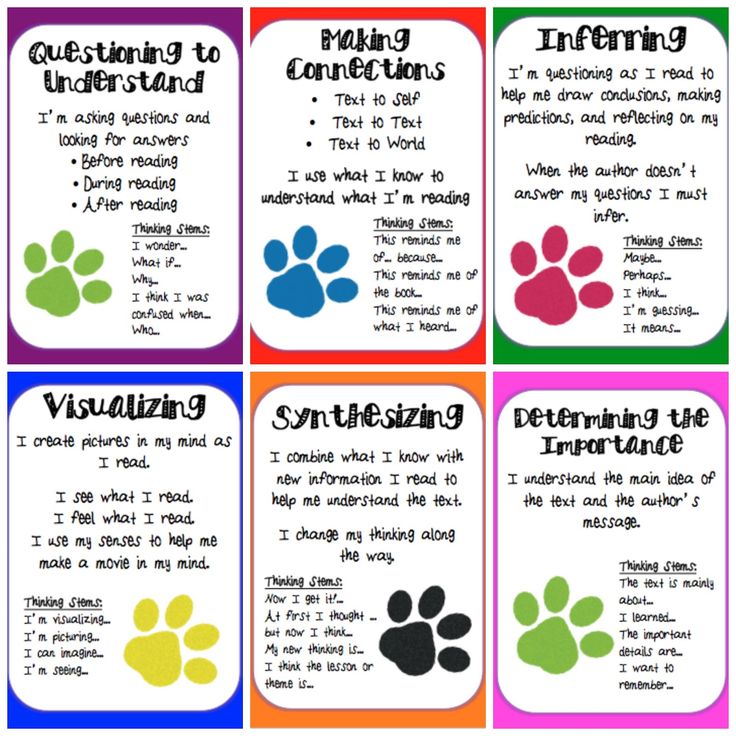 We can over that! We can provide the chance to make a living. We have the ambition to reach 100 million children in 2025.
We can over that! We can provide the chance to make a living. We have the ambition to reach 100 million children in 2025.
The truth in Africa is that:
Africa counts 128 million school-aged children
of those children 111 million will attend school
and 41 million of them will not learn basic skills
With e-learning for kids we reach out to those schools, teachers and children. To provide them with proper good quality learning material, free of charge.
And we don’t do this in Africa alone
We want to have impact around the world. Everyone has the right to get proper education and create the foundation for a better future.
we need all the help we can getWe are a non-profit that relies on partners like you. We need your financial support and help to reach as many children as possible with our e-learning modules.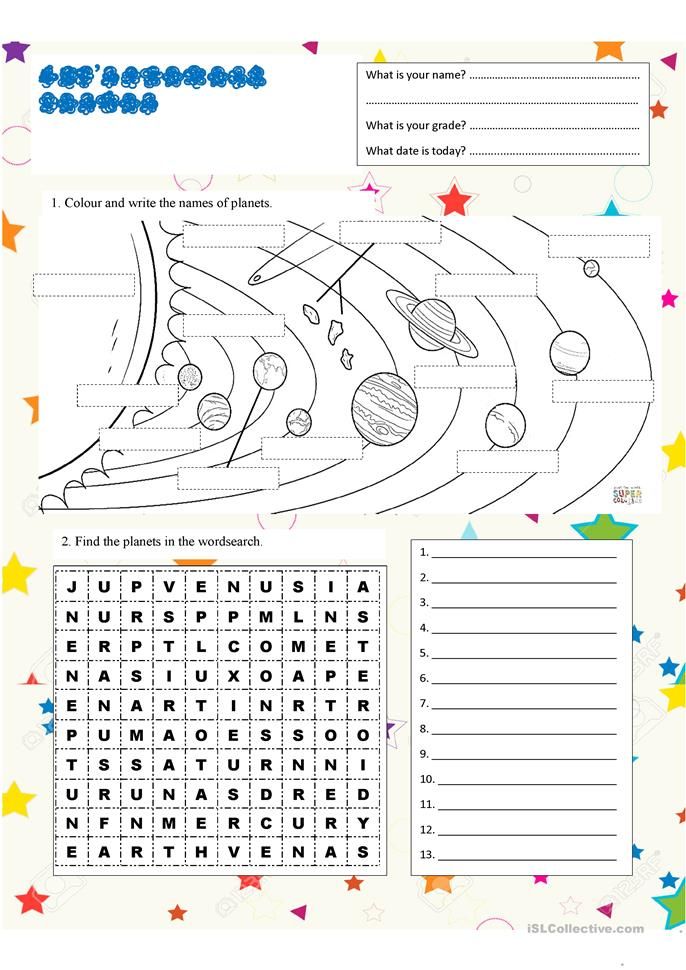 We are looking for partners who can help us through funding our mission, as well as partners that support us with the distribution of the e-learning content to schools, teachers and children.
We are looking for partners who can help us through funding our mission, as well as partners that support us with the distribution of the e-learning content to schools, teachers and children.
With your contribution, we can...
Your funding contribution will allow us to continue to develop new course material. It will also allow us to translate current e-learning courses into new languages to reach more children. And last but not least it will help us to let the children in need know we exist and we are there to help them develop essential skills - free of charge! With your contribution, we can continue to make and distribute the learning content that will help schools, teachers & children all over the world.
DONATE (CREDIT CARD)
DONATE (IDEAL + SOFORT)
Please contact us
If your organisation can help us reach out to more schools, teachers and children around the world - let us know! The distribution of our course material is essential to achieving our goal If you have access to schools and teachers, you can point them to e-learning for kids to gain free access to top quality learning material! Together we can reach 100 million children in 2025!
Please contact us for funding or distribution support.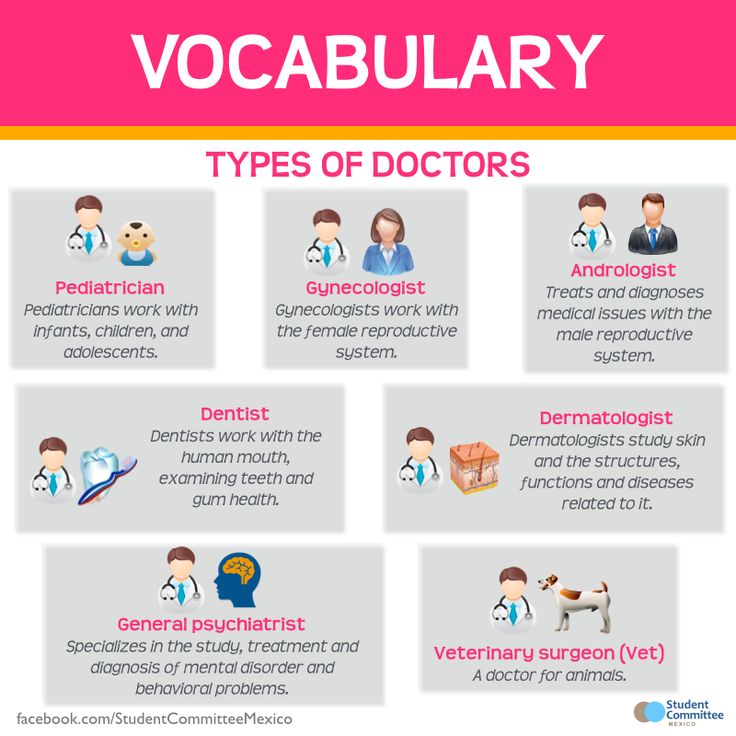
CONTACT US
media parnerships
ATD
CHECK.point eLearning
CLO Magazine
Online Educa Berlin Global
eLearning Africa
Elearning! Media Group
The eLearning Guild
ngo partnerships
alternatives and approaches to teaching methods
What is alternative education
Alternative education is anything that does not fit into the traditional school system. There are many interesting pedagogical systems, experiments, methods.
How do you know if a child is inclined toward alternative learning options? We have identified five possible signs and a solution for each of the situations.
<
1. The child is interested in making things with his hands
Does the schoolboy sculpt, draw, carve wood, paint, assemble Lego and other constructors, embroider with a cross, burn clay? It's great if there is an emphasis on your favorite hobby in your studies.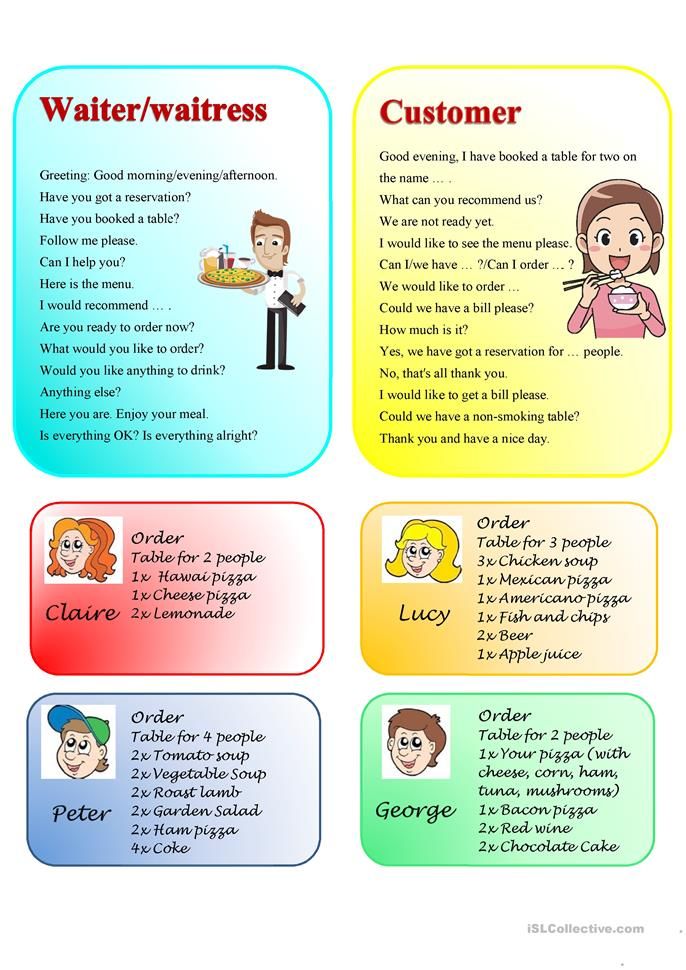 But in an ordinary school there are few opportunities for creativity - even in the lessons of labor or technology.
But in an ordinary school there are few opportunities for creativity - even in the lessons of labor or technology.
✅Try Montessori - the child will master practical life skills and will not become a "white hand".
Principles of Montessori pedagogy are aimed at the development of fine motor skills, senses (sight, hearing, taste, smell, touch). Maria Montessori believed that accurate actions with small objects form the intellect, develop speech, attention and memory. Therefore, in her system there is a lot of activity related to stringing objects, guessing them by touch and texture, with sorting. nine0006 Source: freepik.com / @pressfoto
2. You don’t want to put your child in a box
In an ordinary school, there are a lot of frames and rules - wear a uniform, sit at your desk, keep quiet, answer with a show of hands, go to the cafeteria line, do not run at a break, do not step into the cells in a notebook, do not dye your hair in a bright color.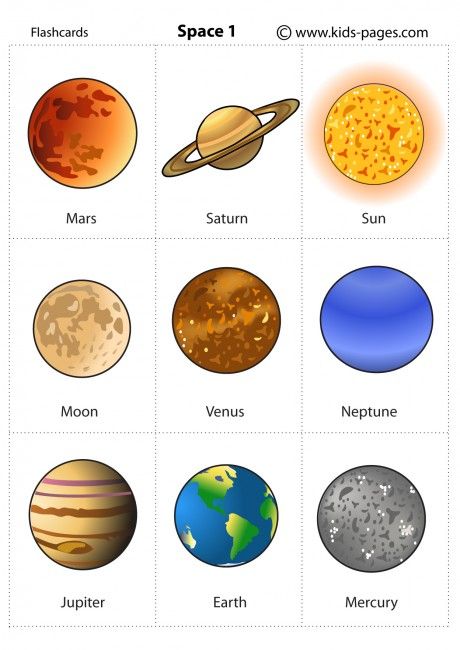
✅Try Waldorf school - there are no pointless formal requirements.
<
It's the other way around. Up to a certain class there are no ratings at all. You can write with a pencil instead of a pen, if that's more convenient. There are always a lot of soft toys in the beginning classes of the Waldorf alternative education program. Sometimes they sit right on the floor, and not at their desks. The child joins the study with comfort and without stress - they do not get to the bottom of it on trifles. After all, there is nothing wrong with rainbow hair or sitting on the floor - it’s even more fun to learn!
Source: freepik.com / @freepic.diller
3. The child wants to freely choose what to study
In a traditional school, you study according to the approved curriculum. You can not concentrate on core subjects or devote more time to your favorite disciplines.
✅Try school-parks — the system is built so that the children study according to an individual program, which is easy to adjust and adjust to your needs.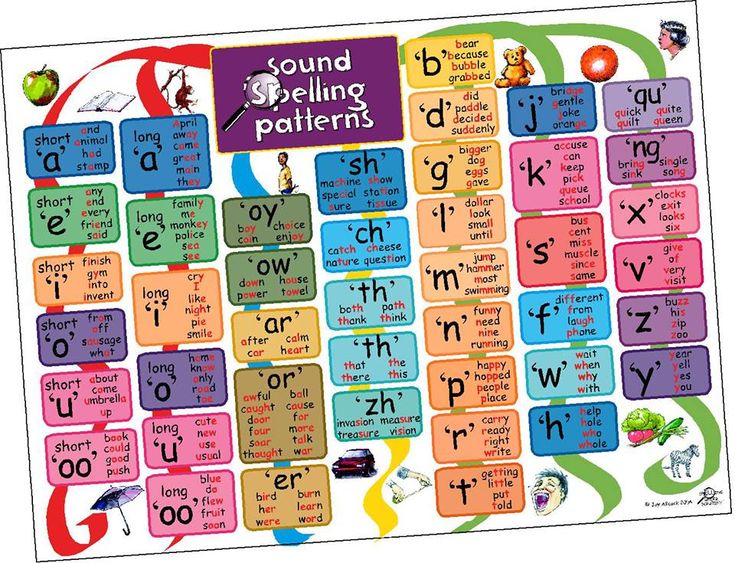
In park schools, students of all ages study on their own and without time limits. Each park school has guest students (those who came there without knowing what they want), client students (guys who need the help of a teacher on specific issues) and apprentice students - children who are already interested in a particular subject. It turns out that everyone will find what he likes and will be able to enjoy the learning process. nine0006 Source: freepik.com
4. The child needs to learn at his own pace
If the student has individual characteristics - for example, a slower pace of learning is required due to dyslexia - learning in a regular school becomes a problem. There, they put pressure on the child and try to fit everyone to the same standard.
✅Try parent associations - so that the child can study in the company of children with the same characteristics.
Parents' associations teach children at home.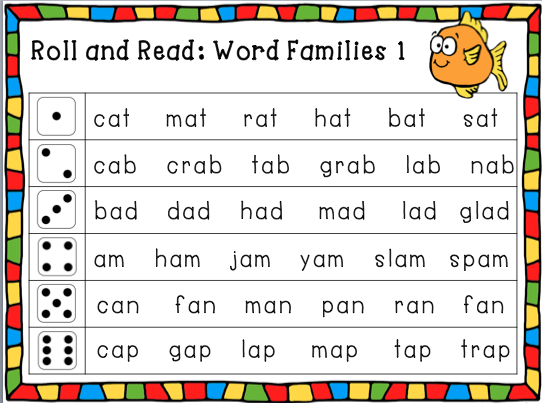 You can invite each other to visit or go on excursions together. Both the question of socialization and the question of education are being solved at the same time. Find like-minded people! nine0006 Source: freepik.com / @master1305
You can invite each other to visit or go on excursions together. Both the question of socialization and the question of education are being solved at the same time. Find like-minded people! nine0006 Source: freepik.com / @master1305
5. The child does not fit the school schedule
It happens that the child is an owl and does not like to get up early. It happens that a hobby - a creative hobby or a sports section - takes a lot of time. You have to reckon with the schedule of training and classes. And the school schedule is tough. Every day for 6-7 lessons, skipping - lazy!
✅ Try Family Learning - will free up a lot of time that you can plan according to your needs. nine0006
<
